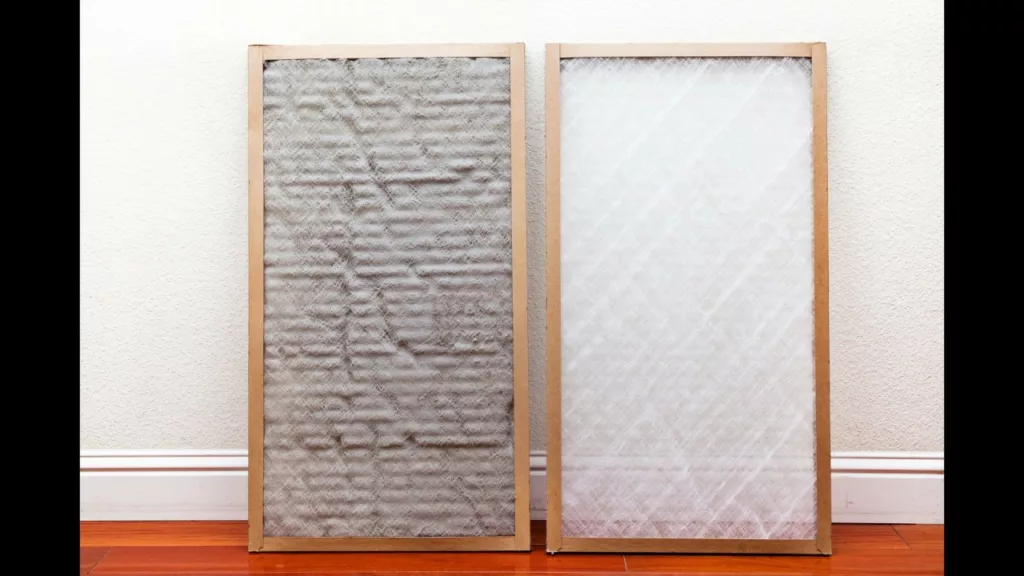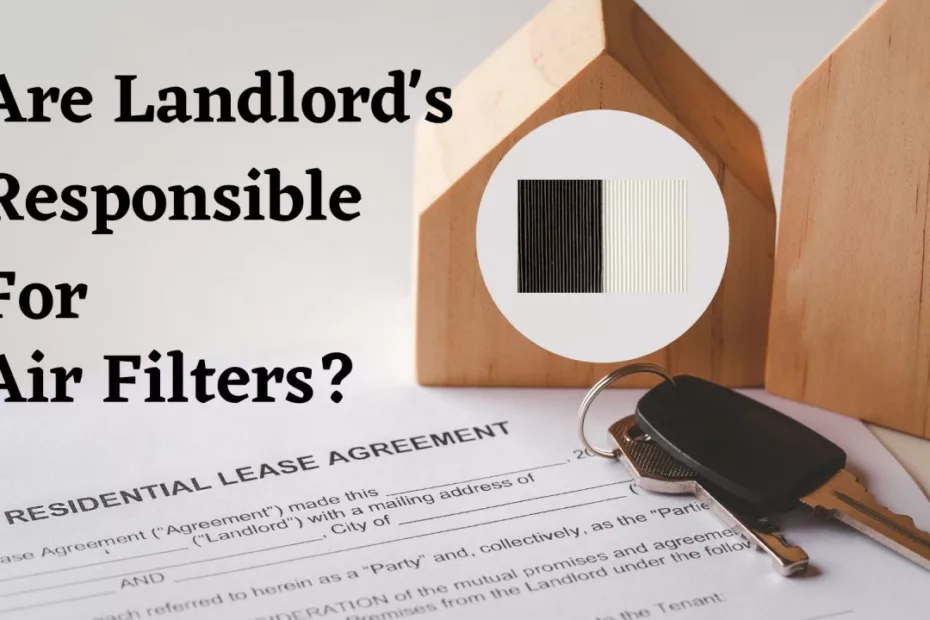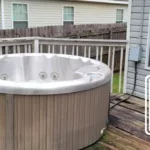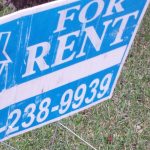I have been managing rental properties since 2007. Since that time, I’ve learned everything there is to know about being an effective landlord. Now I know if landlords are responsible for air filters.
Landlords are not responsible for replacing air filters. Replacing the air filters is generally a tenant’s responsibility. However, the landlord can take over this responsibility if stated in the lease agreement.
This question is not difficult, but there has been a debate for years. In most cases, the property manager or landlord is not responsible for replacing the air conditioner filter. However, in some rare circumstances, the landlord may be required to replace the air filter.
What Does an Air Filter Do?
According to HVAC manufacturer Carrier, the air conditioner filter removes airborne particles from the air you breathe to improve indoor air quality. In addition, they keep internal components free of dust and other debris. This helps the HVAC function reliably and efficiently.
What Happens if I Don’t Replace the Air Filter?

The air filter catches dust and debris, stopping these particles from being pulled into the unit. Over time, the dust collected will clog the filter and impede the airflow.
A dirty air conditioning filter will reduce the airflow into the HVAC system. This will cause the until to work harder to pull air, reducing its efficiency and increasing energy usage.
A clogged air filter will use more power, increasing electrical bills. In addition, it will reduce the unit’s ability to heat or cool the rental house.
As the HVAC system works harder, there is more strain on the internal components. This reduces the useful life of the system. Run a clogged filter long enough, and the HVAC unit will fail.
How Often Should I replace my Air Filters?
An air filter is good until it’s clogged or obstructed. How long does this take? This depends on several factors, and there is no exact answer.
Generally, air filters should be replaced every 4-12 weeks. Sometimes, the lease will state how often the filter should be replaced. A good rule of thumb is to use low-cost filters and replace them once a month.
When is Replacing the Air Filter the Landlord’s Responsibility?
The landlord will be responsible for replacing the air filter if stated in the lease. Landlord may offer this as a convenience, and if it’s agreed to in the lease agreement, the landlord must do it.
The landlord is responsible for replacing the air filter in heating and cooling units in common areas. This most applies to multi-unit properties with hallways, laundry facilities, and game rooms.
Best Practice For TENANTs
A dirty air filter increases utility costs. A tenant should regularly replace the air filter to reduce electricity costs.
Best Practice For Landlords
The landlord has an incentive for the air filter to be replaced regularly. While the utility costs do not directly affect the landlord, they contribute to vacancy rates. In addition, the strain on the system will eventually cause it to fail. Replacing the HVAC unit is the responsibility of the landlord.
It’s a good idea for the landlord to leave a year’s worth of filters with the tenant at lease renewal. This makes it easier for the tenant to change the filter, and their cost is negligible compared to the price of replacing the unit.
Another option is for the landlord to replace the filter, even though this is not required. This assures that the filter is replaced, protecting the landlord’s assets. It also allows the landlord to enter the property and check the house’s condition.
Check out more tips for running your rental properties efficiently.
FREQUENTLY ASKED QUESTIONS
Whose responsibility is it to change the air filter?
Tenant. The tenant is responsible for replacing the air filters unless the lease states differently.
How often should air filters be changed in apartment?
Every 4-12 weeks.
What happens if you don't change the air filter in the apartment?
The HVAC system will need to work harder. This increases utility bills and reduces the ability to heat and cool the property.




